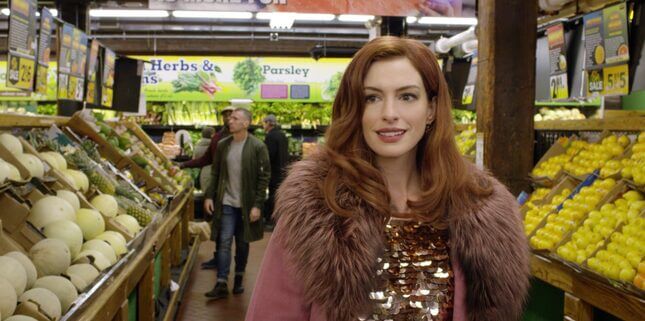
Screenshot: Amazon
The New York Times’ weekly short story series, Modern Love, is noteworthy for its nuance and contemporary understanding of intimacy. Amazon Prime’s adaptation is something more sinister: an overtly sentimental show in which under-utilized A-list actors (Anne Hathaway, Tina Fey, Dev Patel) interpret eight stories published throughout the column’s 15-year run. The result is a schmaltzy collection of episodes that, regardless of the big names behind them, still work better on the written page.
-

-

-

-

-

-

-

-

-

-

-

-

-

-

-

-

-

-

-

-

-

-

-

-

-

-

-

-

-

-

-

-

-

-

-

-

-

-

-

-








































